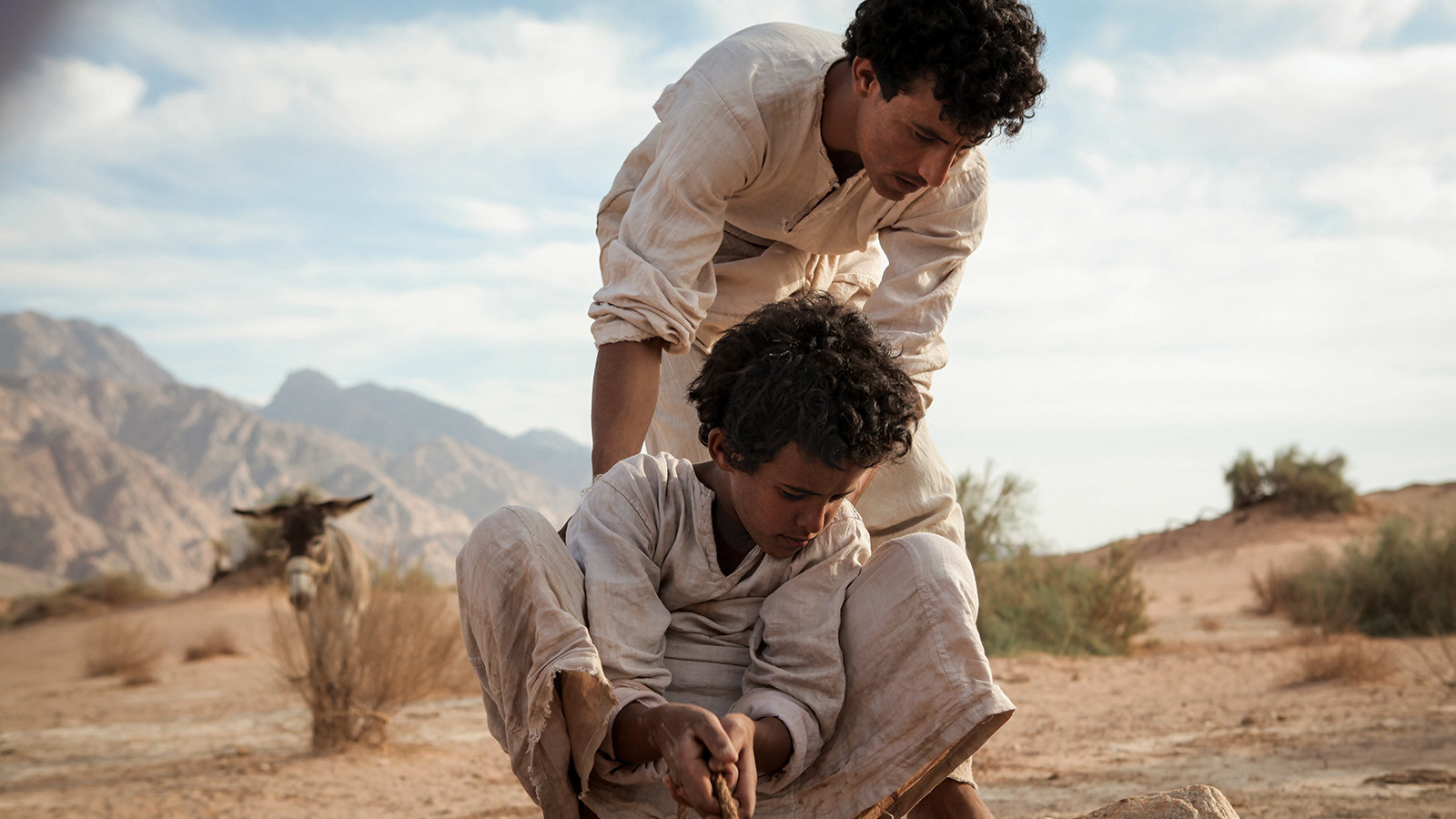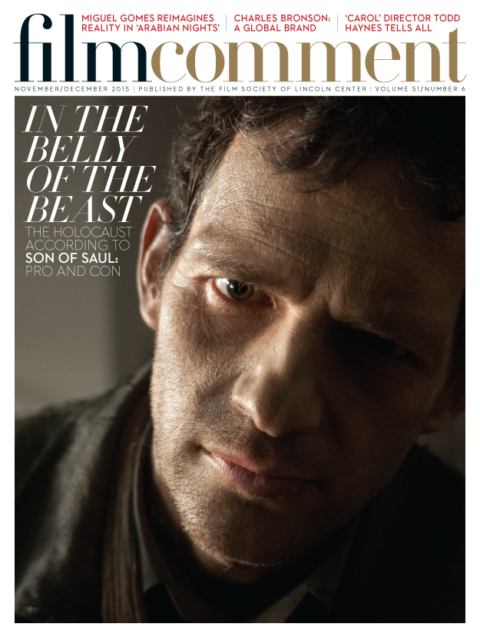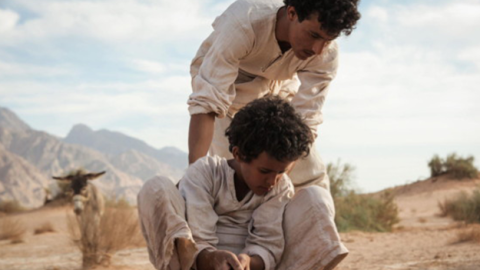By Violet Lucca in the November-December 2015 Issue

Short Takes: Theeb
(Naji Abu Nowar, Jordan/U.K./UAE/Qatar, 2014)
Naji Abu Nowar’s debut feature is in part a non-didactic corrective to long-standing Western narratives about the Middle East. In 1916, the year of the Arab Revolt against the Ottomans, a young Bedouin boy, Theeb (Jacir Eid), quietly copes with the death of his father and spends time with his older brother Hussein (Hussein Salameh). When a British soldier and his Arab guide arrive at their tribe’s camp, Hussein is bound by custom to lead them to a well along the pilgrim’s road—a strategic point in the ongoing conflict. Theeb tags along against the wishes of the soldier (who’s less T.E. Lawrence than an inchoate Enoch Powell), and, after bandits ambush their caravan, Theeb is left the lone survivor.

From the November-December 2015 Issue
Also in this issue
Throughout the subsequent coming-of-age/survival tale, Abu Nowar shapes the boundless desert into distinct, expressive spaces, conveying feelings of claustrophobia, terror, compassion, anger, and hope; many shots are angled slightly closer to the ground, approximating Theeb’s point of view. This consummate control of setting can be attributed to the year Abu Nowar spent with the Bedouin in Jordan prior to shooting, developing a familiarity with their way of life that enables him to elicit phenomenal performances from all of his non-actors.
Free of sentimentality, Theeb is a beautiful tribute to a way of life that has nearly come to an end, set during the crucial period when it began to disappear.




